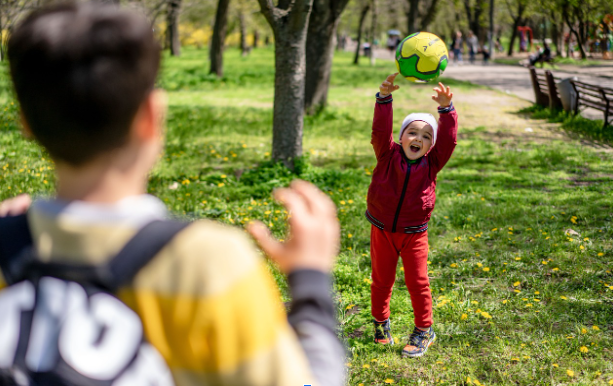The Importance of After-School Activities: Enhancing Children’s Development Beyond the Classroom

After-school activities represent an energetic part of development in children. As a consequence of the global speed of life, these structured activities, which can include sports, arts, and organised academic clubs, have moved from a way to simply apply time to come in by children to a main part of the development. Here, we emphasise the positive impact on the development of educational achievements, social skills, and emotional stability.
Academic Enrichment Beyond the Classroom
After-school programs can also give children the chance to study topics in greater detail that they really enjoy, like different branches of science and language or creative writing. As a result, they considerably improve the standard materials of the children’s education. Such children, as many educational studies show, especially in literacy and expertise, outperform their peers on several educational metrics because they have the opportunity, they like educational challenges, and they want to learn.
Development of Social Skills
Participating in after-school group activities allows children to connect with classmates in a different social context. This engagement helps them learn the dynamics of collaboration, communication, and understanding. Through activities like team sports, drama clubs, and collaborations, children learn to unite towards goals, settle disputes cooperatively, and respect different views, which ultimately improves social competence.
Emotional Growth and Resilience
After-school activities provide children with a relaxed setting in which they can be themselves, pursue their passions, and foster a sense of confidence. These programmes are associated with enhanced self-worth and better control over emotions. For example, children who play team sports tend to balance stress and maintain a positive perspective toward challenges more than their peers
Physical Health and Well-being
After-school activities include physical programs like sports and outdoor games. These activities help children develop and maintain healthy levels of fitness, coordination, and general well-being. Furthermore, exercising regularly helps to improve depressive and anxious symptoms which improves the overall mental well-being of children.
Safe and Supervised Environment
Working parents can rely on after-school programmes to provide children with a safe and supervised environment. These programmes take care of children in the crucial hours after school. Keeping children engaged in helpful activities lessens the likelihood of risky behaviour. The structure of these programmes also helps children develop discipline and learn time management.
Exposure to Diverse Interests and Hobbies
Through after-school programs children are exposed to a variety of interests and hobbies which may not be included in the ordinary school curriculum. These activities help children to explore and develop passions such as music and the visual arts that may turn into lifelong interests and possible career opportunities.
Support for Working Families
After-school activities provide reliable childcare options which in turn help working families. Parents can concentrate on their work knowing that their children are being cared for meaningfully and positively while these programmes take the stress off parents. After-school programmes also try to make their programmes accessible to everyone by providing financial assistance or sliding scale fees.
Community Engagement and Civic Responsibility
A part of community service and civic engagement is incorporated into many after-school programmes, encouraging children to attend and participate in community service and volunteer projects. Involving children in these projects teaches them the value of positive citizenship, social responsibility, and the sense of community and belonging that comes with giving back. The importance of service to others is a lesson that children will carry with them for a lifetime.
Conclusion
After-school programmes do more than just keep children from becoming idle. These programmes provide opportunities that are vital to the educational experience of the child. The academic, social, emotional and physical opportunities these programmes provide are essential to the development of a fully rounded individual. The importance of these programmes in the educational landscape is undeniable, and so is the need to support and invest in them for the sake of all children.
FAQs
What is the meaning of the term after-school activities?
After-school activities cover a variety of organised activities outside the usual school curriculum, catering to children’s sporting, artistic, academic, and community service interests for their total development.
In what ways do after-school activities help children academically?
These activities serve as a means to extend learning and help children gain additional knowledge outside the classroom by exploring interests, improving skills related to literacy and expertise along with critical thinking and problem-solving.
Are after-school activities able to develop children’s social skills?
Definitely. Through participation in after-school activities, especially in a team context, children are able to communicate, cooperate, and solve social problems and gain other related skills.
What is the age appropriateness for after-school activities?
The great majority of programmes fit a variety of ages and even the activities themselves at different developmental stages. After that, parents are able to choose the programmes that best fit the age, interests, and skill level of their children.



